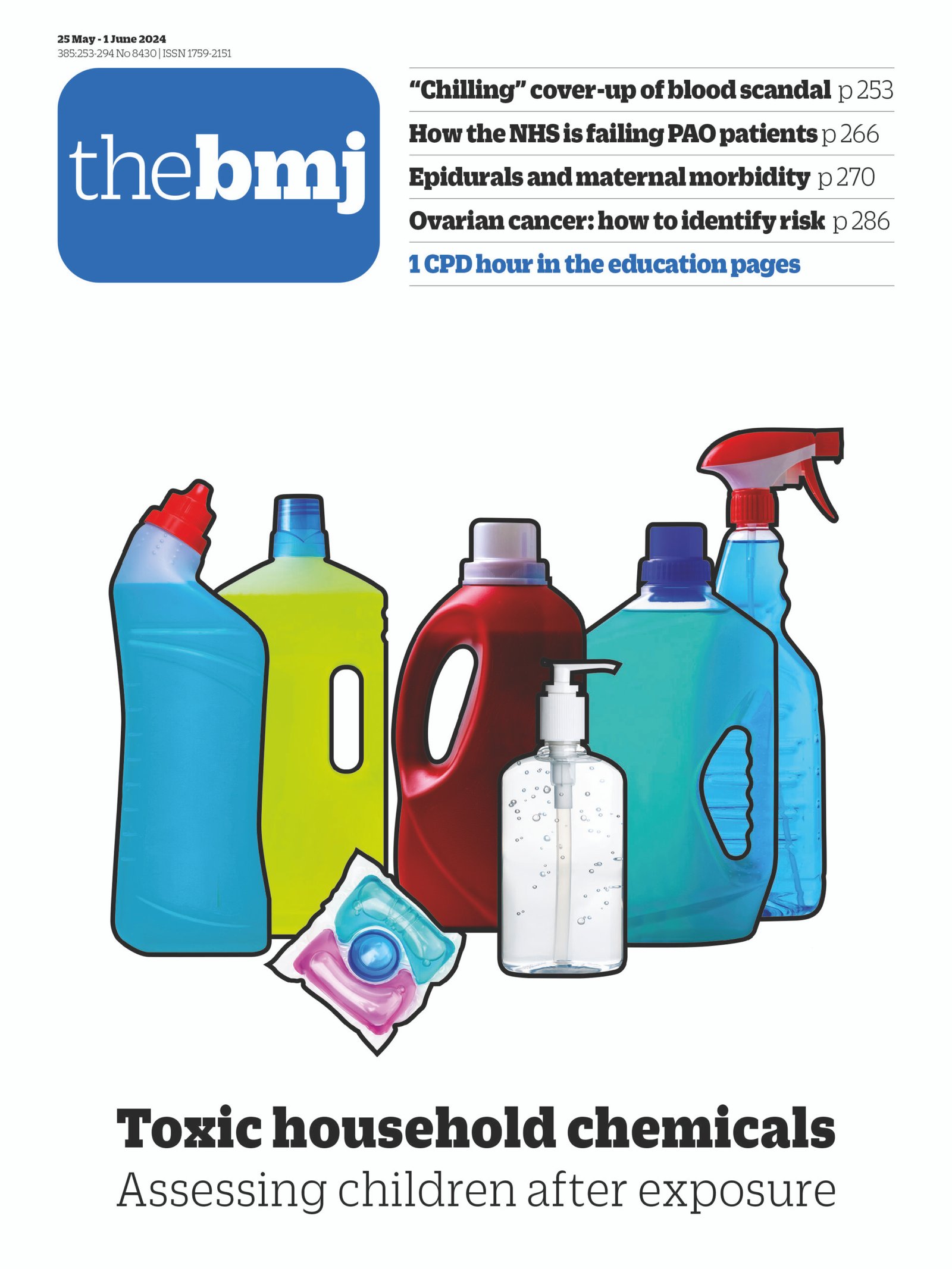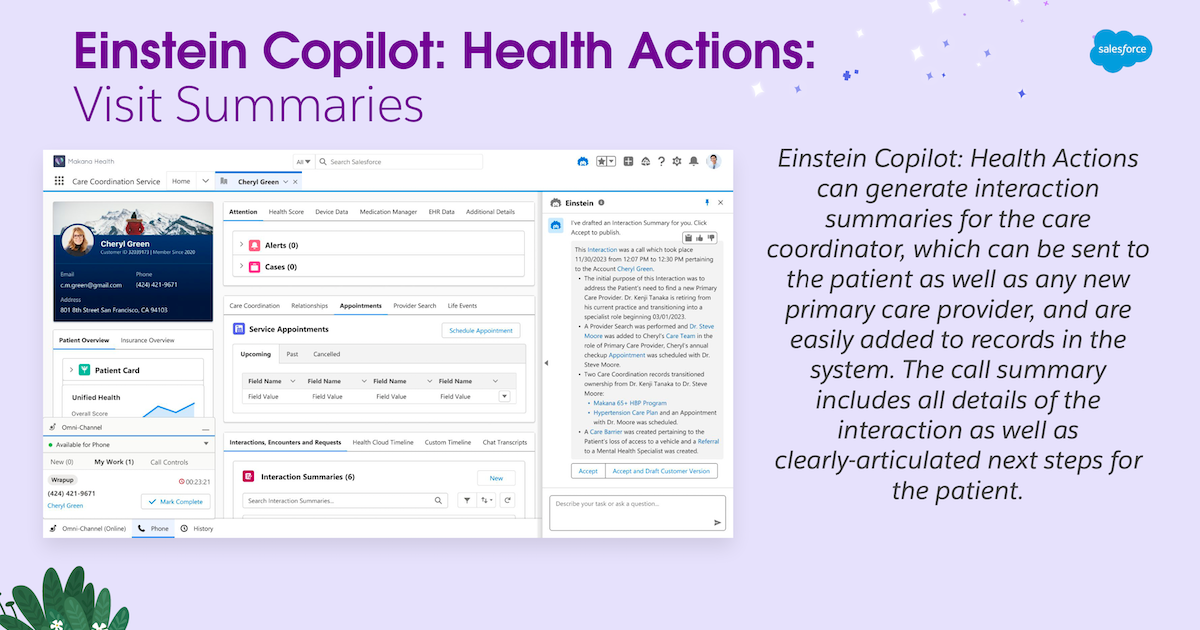Documents detailing negotiations between covid vaccine manufacturers and the South African government show how drug companies pressured low and middle income nations into accepting high prices and unusually harsh terms, say public health activists who secured the documents’ release from South Africa’s Supreme Court.
Fatima Hassan, director of the Health Justice Initiative, which reviewed the papers with help from the US advocacy group Public Citizen and other analysts, said that the documents revealed “attempts to extract one sided terms, especially by pharma giants Moderna and Pfizer, all while they profiteered from a global health emergency.”
The contracts that South Africa signed—with Pfizer, with Johnson and Johnson’s subsidiary Janssen, with the international vaccine alliance Gavi, and with the Serum Institute of India, maker of the AstraZeneca vaccine—are still the only vaccine contracts signed by a national government during the pandemic to see the light of day. Governments around the world were held to strict confidentiality agreements that kept terms, prices, and the details of negotiations secret, typically for at least a decade.

South Africa was legally obliged by the contracts’ terms to resist calls for their public disclosure, but government lawyers lost their bid to keep them confidential before the country’s highest court last August. The four contracts were then released to the Health Justice Initiative, which published a damning report last September.1
The court allowed the government a grace period before it handed over other documents, consisting of draft agreements and officials’ notes from the Pfizer negotiations and others with Moderna for a contract that ultimately was not signed. These documents have now been analysed and a second report produced.2
Moderna set even harsher terms than the other vaccine providers whose contracts were signed, the new report finds. The price per dose was to be US$42 (£32.90; €38.60) for vaccines delivered in the second quarter of 2021, falling to $28.50 per dose in the fourth quarter. This initial price was four times the price demanded by Pfizer. Unusually, Moderna declined to ship the product, promising only to make it available in warehouses in Europe and leaving shipping arrangements to South Africa.
Confidentiality clauses
All contracts that South Africa signed were one sided, alleges the Health Justice Initiative. The government was unable to reveal the contract terms, being bound to silence in some cases, even in legal proceedings over alleged non-performance. Recourse to the courts was allowed by most contracts only after lengthy arbitration in venues chosen by the companies. The manufacturers did not guarantee delivery of the vaccines, and in the case of non-delivery they offered only partial refunds. The government buyer took on many liabilities normally incurred by the seller, including the responsibility to compensate vaccine injuries.
Jishian Ravinthiran, a researcher with Public Citizen, said, “What these documents make clear is that corporations can and will exploit the conditions of public health emergencies to coerce governments, particularly those in low and middle income countries, into accepting unreasonable agreements on the supply of lifesaving medicines.”
What little is known of pandemic contracts in wealthy countries is based mostly on comments from the ministers who signed them and from one published contract between the EU and CureVac, a manufacturer whose vaccine never obtained approval. This limited evidence suggests that wealthy governments also accepted unusually harsh indemnity terms, weak delivery guarantees, and strict confidentiality clauses.
Makers sought above all to keep governments from learning what prices other countries had paid. In late 2020 a media storm erupted when Belgium’s budget secretary inadvertently tweeted a list of prices agreed by the EU with various makers, violating several confidentiality clauses. South Africa’s government learnt that it was paying more than twice the EU price for the AstraZeneca vaccine. But when it raised the issue with the manufacturer, the Serum Institute of India, no rebate was offered.
South African officials did try to negotiate better terms from their main supplier, Pfizer, the new report finds. They sought the right to cancel orders over failures to deliver, the right to pass unused vaccines on to third parties, and flexibility to make public disclosures of some confidential information in emergencies. “We need to be able to disclose and be accountable,” wrote one official in a memo. But the drug company held all the cards, and almost none of South Africa’s proposals made it into the final agreement.
The report concludes, “Pfizer’s almost universal rejection of the South African government’s proposed amendments is the clearest example of and indictment of concentrated private power, particularly in public health emergencies.”
Neither Pfizer nor Moderna responded to a request for comment on the report.
This article is made freely available for personal use in accordance with BMJ’s website terms and conditions for the duration of the covid-19 pandemic or until otherwise determined by BMJ. You may download and print the article for any lawful, non-commercial purpose (including text and data mining) provided that all copyright notices and trade marks are retained.










